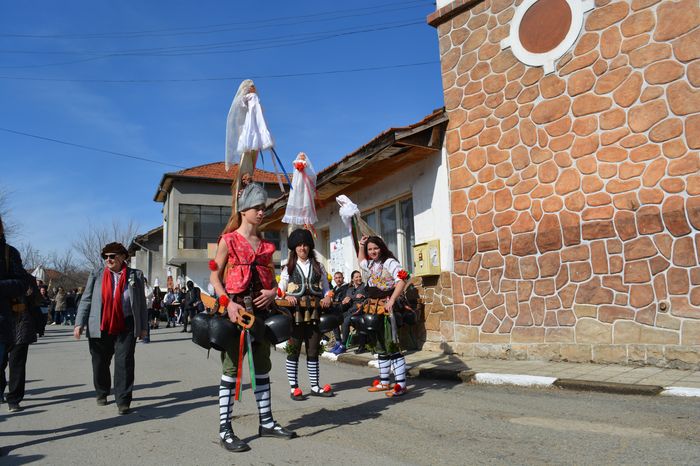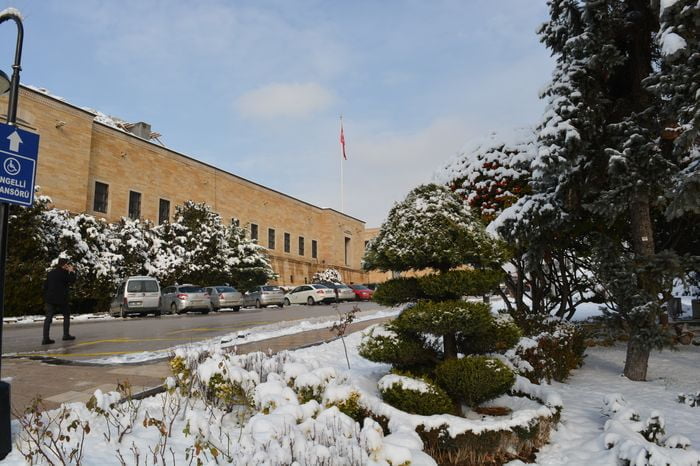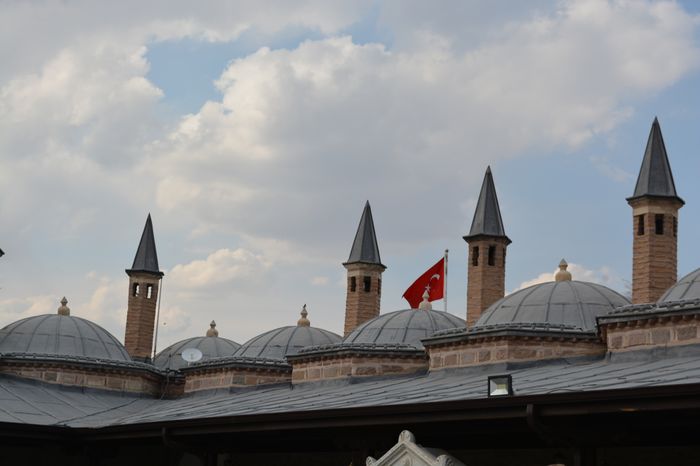Unraveling the Brutality of the Bashi-Bazouks
In the somber chronicles of the village of Perustitza, a tale of tragedy unfolds, shedding light on the merciless actions of the notorious Bashi-Bazouks. The events that transpired during those fateful days not only left a scar on the community but also drew attention to the need for justice and accountability.
One particular incident exemplifies the ruthless nature of the Bashi-Bazouks. Among those who ventured outside the village was a Frenchman, involved in commercial activities in Philippopolis. Driven by the distressing news of unrest, he returned home in search of a fellow Frenchman who had gone missing. Unbeknownst to him, danger lurked as he encountered the Bashi-Bazouks. Fluent in Turkish, he attempted to explain his purpose to Achmet-Aga, only to find himself detained and eventually killed, presumably in a pursuit for imagined wealth.
This tragic occurrence did not go unnoticed by the French Consul, who p
Unraveling the Brutality of the Bashi-Bazouks
In the somber chronicles of the village of Perustitza, a tale of tragedy unfolds, shedding light on the merciless actions of the notorious Bashi-Bazouks. The events that transpired during those fateful days not only left a scar on the community but also drew attention to the need for justice and accountability.
One particular incident exemplifies the ruthless nature of the Bashi-Bazouks. Among those who ventured outside the village was a Frenchman, involved in commercial activities in Philippopolis. Driven by the distressing news of unrest, he returned home in search of a fellow Frenchman who had gone missing. Unbeknownst to him, danger lurked as he encountered the Bashi-Bazouks. Fluent in Turkish, he attempted to explain his purpose to Achmet-Aga, only to find himself detained and eventually killed, presumably in a pursuit for imagined wealth.
This tragic occurrence did not go unnoticed by the French Consul, who promptly lodged a complaint. The French Government, spurred by this grievous act, likely demanded compensation for the families of the two deceased men. This incident underscores the gravity of the situation in Perustitza and unveils the murderous tendencies that fueled the actions of the Bashi-Bazouks.
Siege to the village
As the Bashi-Bazouks laid siege to the village, terrorizing its inhabitants, a grim reality unfolded. Those who lacked confidence in the benevolence of the Turks and hesitated to surrender found themselves fleeing to the fields. private tours bulgaria Their desperate escape, however, was futile as the merciless pursuers hunted them down, leaving a trail of death in their wake.
The Bashi-Bazouks, having disposed of those in their clutches, turned their attention to the abandoned homes. Pillaging with abandon, they plundered the villagers of their possessions and, with a heartless disregard, set their homes ablaze. The village, once a peaceful abode, now stood witness to the destruction wrought by the marauding forces.
Remarkably, the Bashi-Bazouks refrained from launching a direct assault on the church, opting instead to harass its occupants from a distance. Their bravery, it seemed, was reserved for confronting defenseless women and children. When faced with armed resistance, their courage waned, revealing a stark contrast in their demeanor.
For three agonizing days, the villagers endured the pillaging and burning of their homes, while the Bashi-Bazouks callously fired upon the church from a secure vantage point. The besieged villagers, relegated to the churchyard, could only watch in despair as the flames consumed the remnants of their once-thriving community.
The tragedy of Perustitza serves as a poignant reminder of the brutality that can be unleashed in times of conflict. It beckons the international community to reflect on the importance of justice and accountability, urging swift action to address the heinous acts perpetrated by the Bashi-Bazouks. In the face of such atrocities, the world must stand united to ensure that the voices of the victims are heard and that the perpetrators are held accountable for their crimes.








